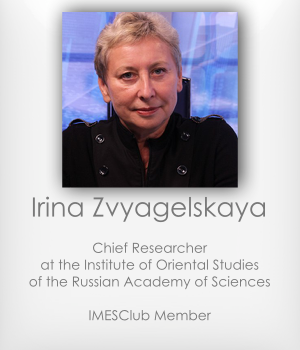 The Palestinian government of the national unity that took oath on the 2d of July 2014 is a technical one – it consists of ministers who are not members of FATAH and HAMAS. Such composition does not pose any difficulties to maintain the relations between the new government and the states where HAMAS is blacklisted and considered a terrorist organization. According to the head of Palestinian Autonomy Mahmud Abbas this government recognizes Israel and all the agreements previously signed with it and it renounces violence. Thus, highlighting the respectability of the new government Abbas has shown the observers that it will not be influenced by the well-known severe approaches of HAMAS.
The Palestinian government of the national unity that took oath on the 2d of July 2014 is a technical one – it consists of ministers who are not members of FATAH and HAMAS. Such composition does not pose any difficulties to maintain the relations between the new government and the states where HAMAS is blacklisted and considered a terrorist organization. According to the head of Palestinian Autonomy Mahmud Abbas this government recognizes Israel and all the agreements previously signed with it and it renounces violence. Thus, highlighting the respectability of the new government Abbas has shown the observers that it will not be influenced by the well-known severe approaches of HAMAS.
Overcoming the divide in the Palestinian movement can positively influence the conflict settlement, granting the accomplishment of the agreements from the Palestinian side if they are achieved. It is time to decide for the Israeli government, which has negatively taken such turn of events. One of the most important tasks for the new government is to prepare for the legislative elections.
The new situation opens the possibility for HAMAS to legitimize by gradually transforming into a parliamentary political party. Essentially, in current conditions, when HAMAS is rapidly loosing support in the Arab world (and is banned in Egypt), it does not have many variants.












